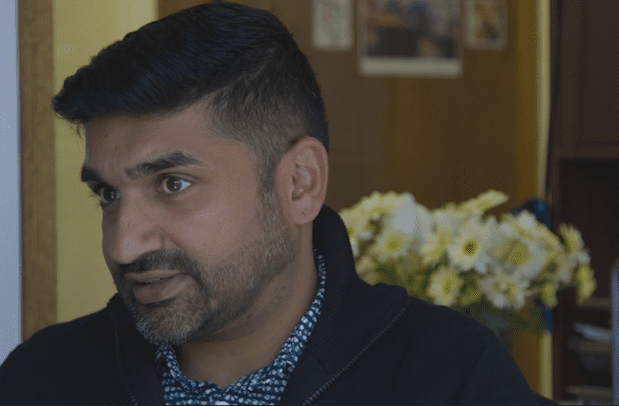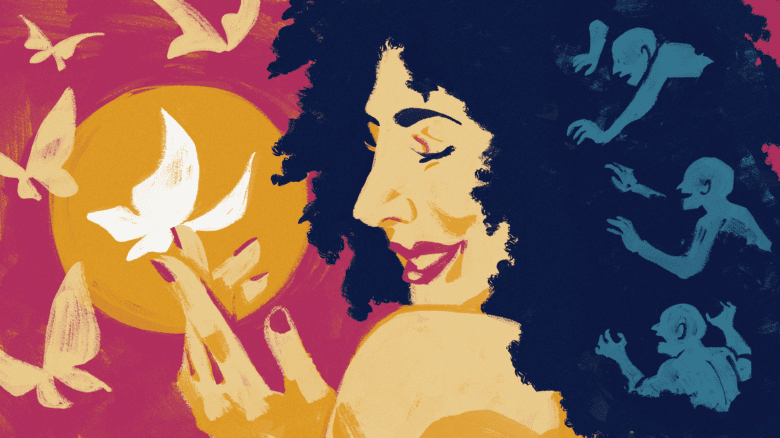When Haran Vijayanathan was coming out of the closet as a gay Tamil man in Winnipeg, he would sometimes not tell anyone when he was going out to meet another man because of shame and embarrassment.
“So sometimes I put myself in situations that could have ended up in a very bad way because I had no one to tell,” he says.
Today, Vijayanathan is the executive director of the Alliance for South Asian AIDS Prevention in Toronto. And his organization is launching a new service to help people who don’t feel comfortable telling their friends and family where they’re going.
The new service, called the SAFE program, will allow people to discreetly provide information to ASAAP so that they can inform the police if a person goes missing.
“What we realized after this whole incident with Bruce McArthur and the missing men who were South Asian and Middle Eastern is not everybody has that friend or family member,” he says.
Some of the men who were allegedly killed by McArthur weren’t out to their families about their sexuality. When Soroush Mahmudi disappeared in 2015 neither his family nor police knew that he had likely gone to the Church-Wellesley Village before his disappearance.
People who are going out to meet someone can send an email to safe@asaap.ca informing the organization of their name, contact information, where they’re going and possibly a description of who they’re meeting.
And when the person is home safe, they can just send an email back letting ASAAP know. If the person doesn’t contact ASAAP back, the organization will try to reach them by email or phone. And if after 72 hours there’s still no response, ASAAP will take that information to the police. While ASAAP has had initial conversations with the Toronto police about their participation in the SAFE program, they are still formalizing what the process will entail.
Though ASAAP is an organization focused on supporting South Asian and Middle Eastern LGBT people, the program is open to anyone who might find it useful.
“If we’re doing it for us already, we might as well just open up to everybody who needs the service and that support,” Vijayanathan says.
The service is being launched as a pilot and currently doesn’t have external funding behind it. Because of its experience dealing with sensitive medical data, ASAAP is confident it will be able to safely manage people’s information.
Vijayanathan thinks this kind of service would have been useful to him when he was coming out.
“This might have been something that I would have used when I was coming out of the closet as a stepping stone until I gained the skills to have those conversations with friends,” he says.
Vijayanathan hopes that the SAFE program will help keep people safe in the wake of the serial murders.
“We’ve gone through the bathhouse raid, we’ve gone through the HIV epidemic, we’ve gone through all of these crises situations, and we’ve always come together and found creative solutions to these problems,” he says.

 Why you can trust Xtra
Why you can trust Xtra


